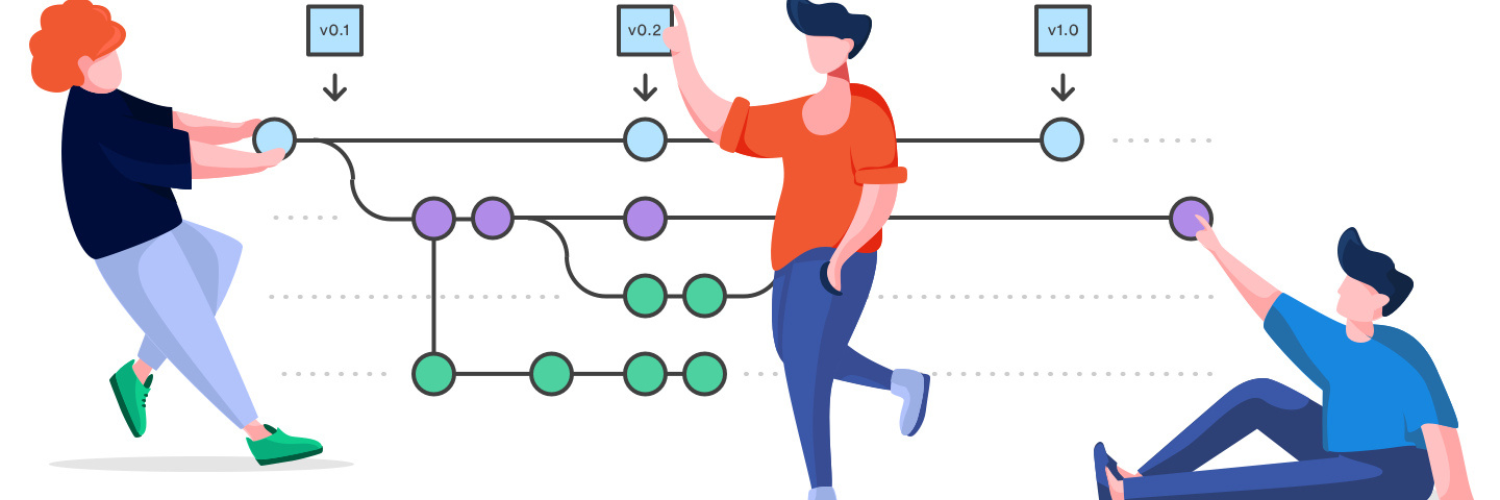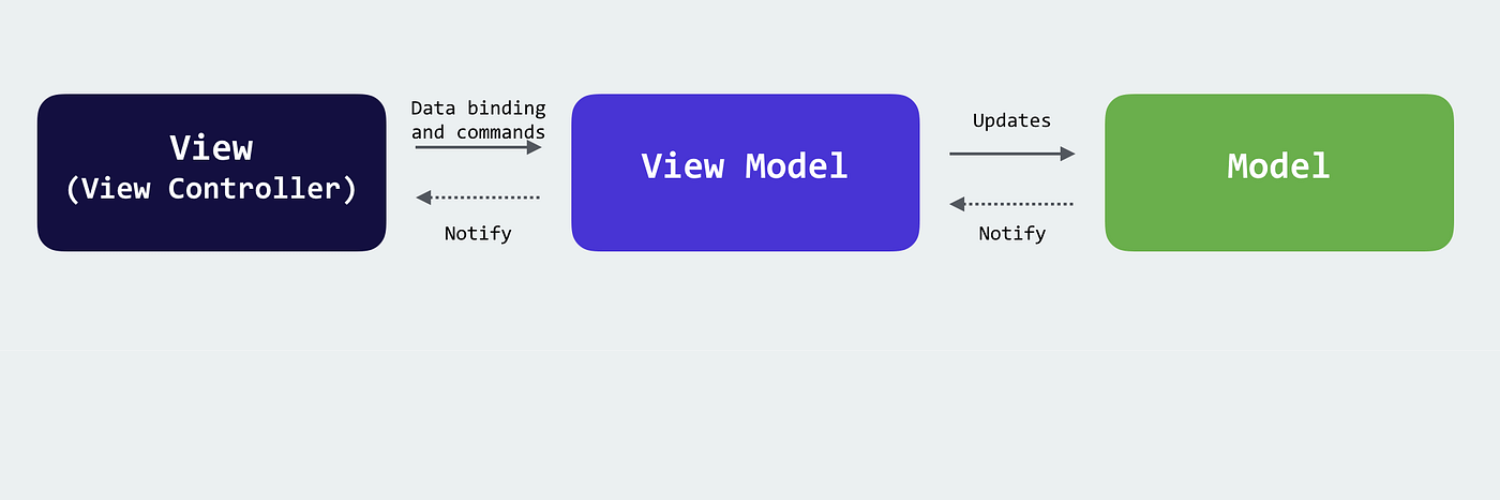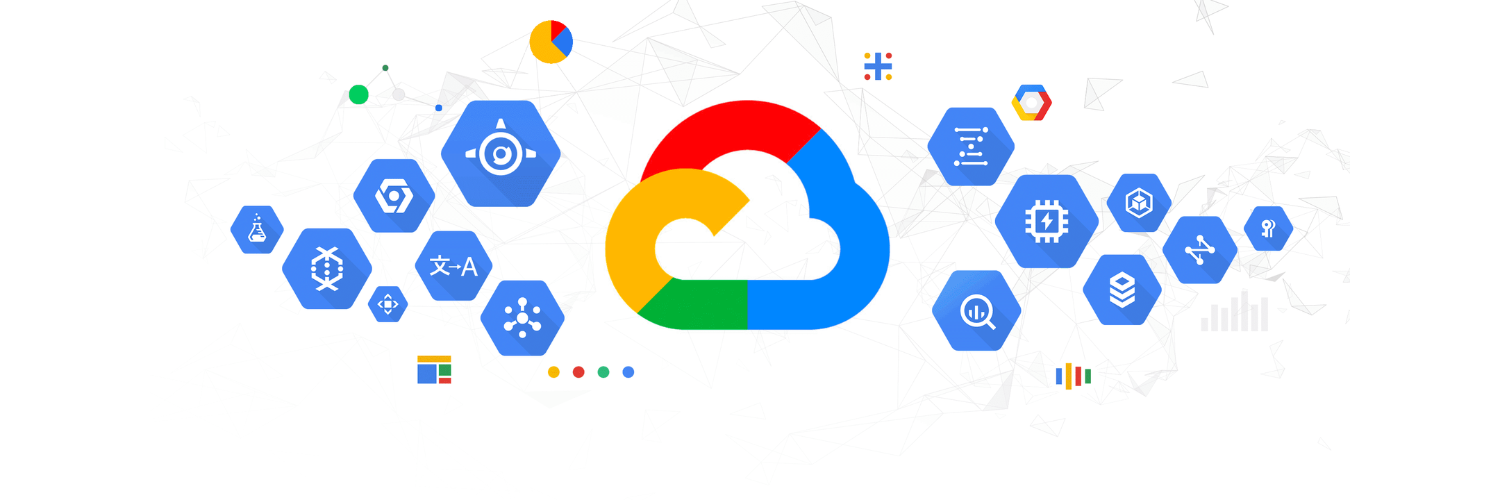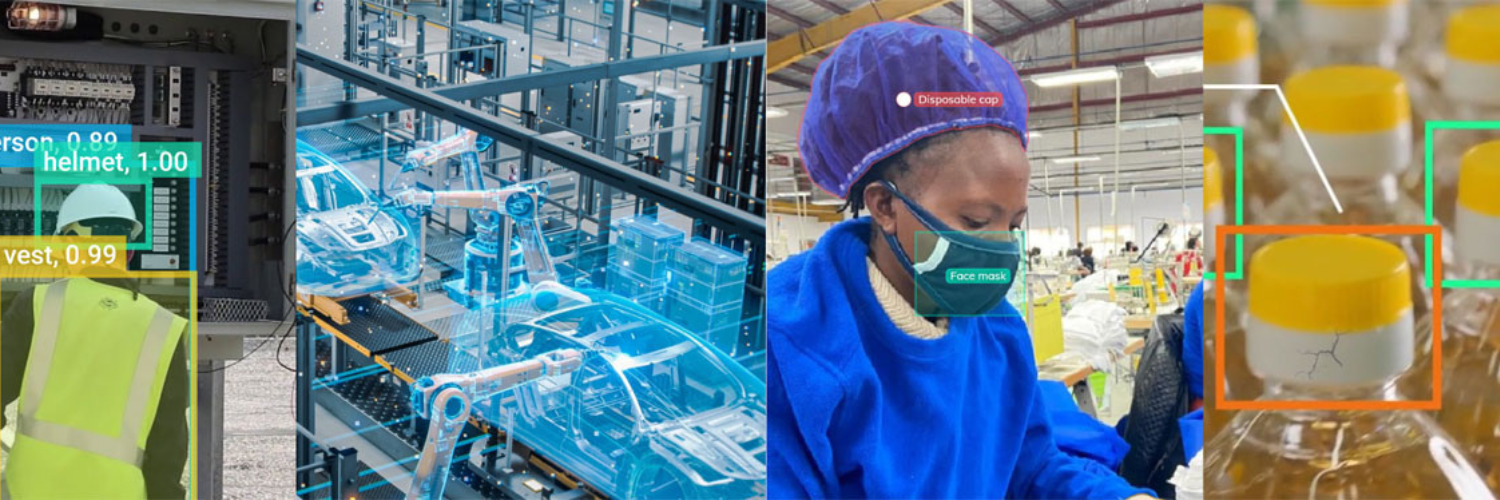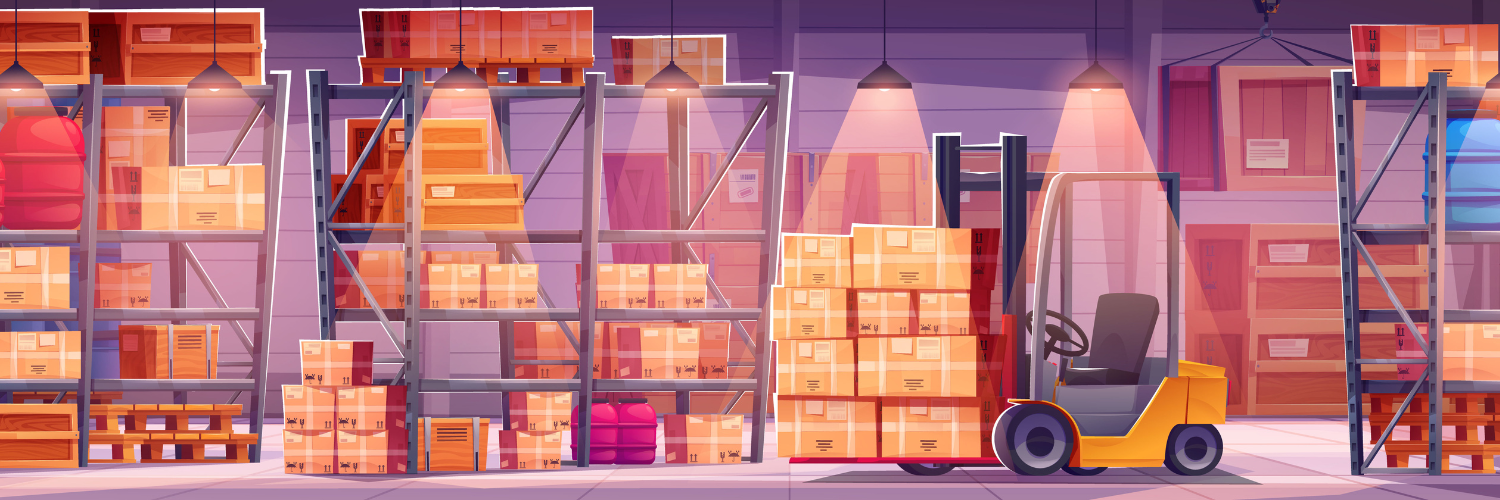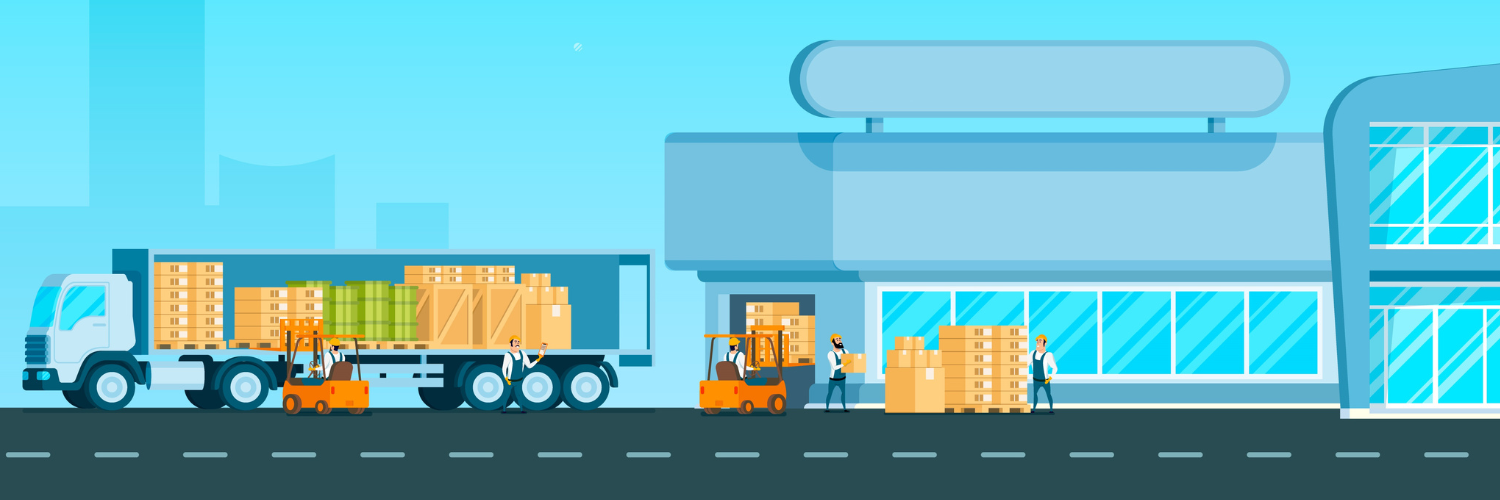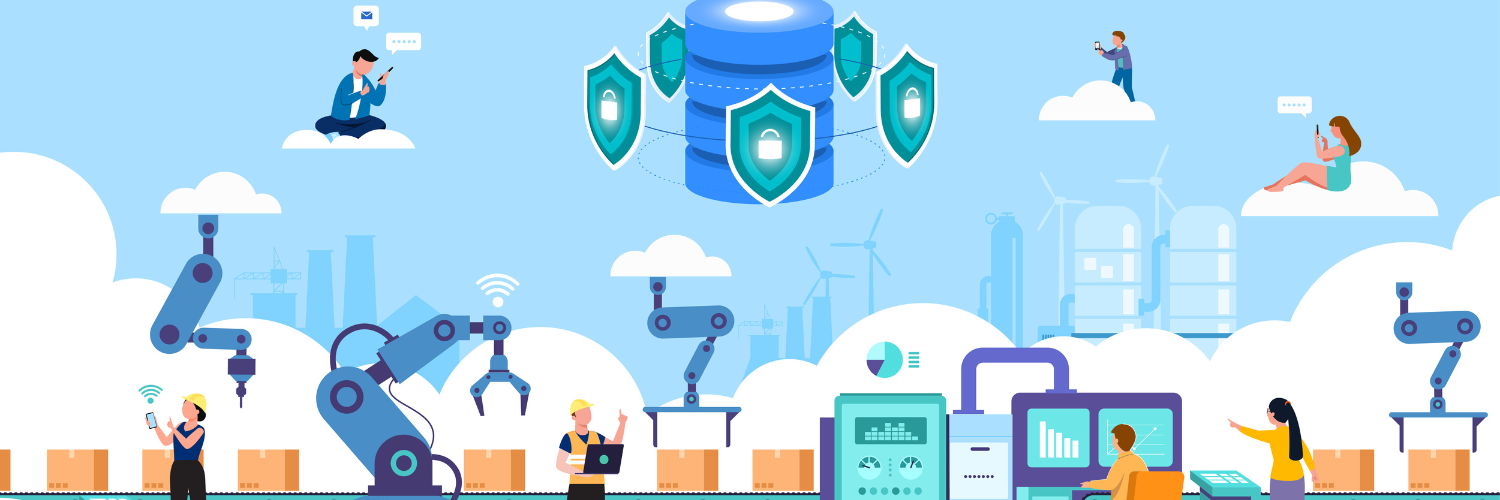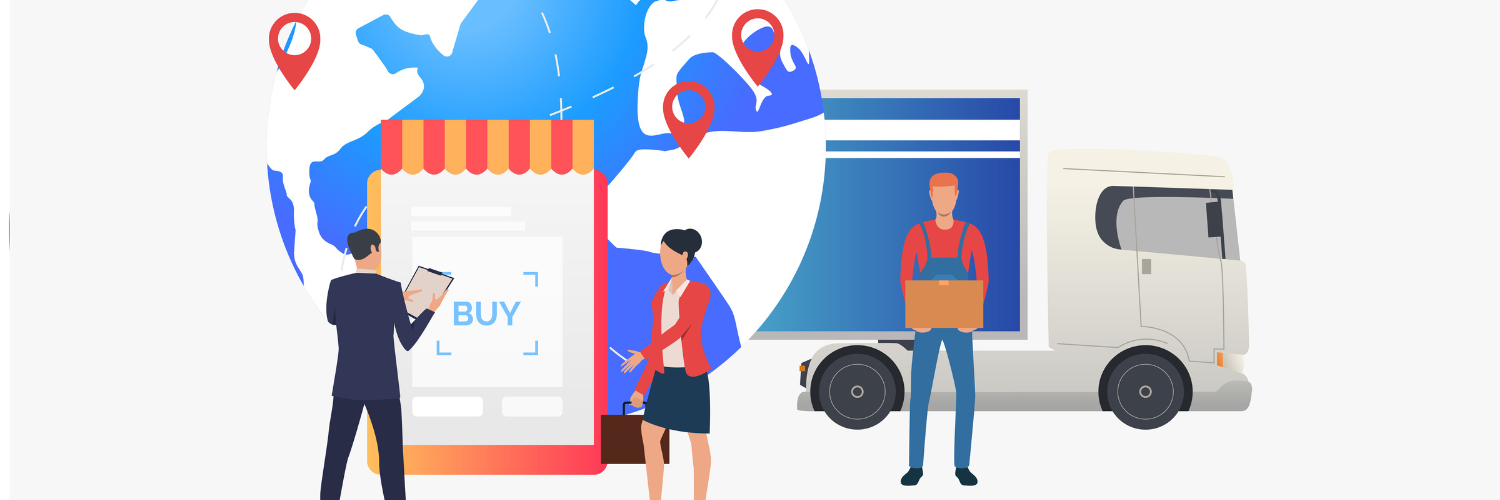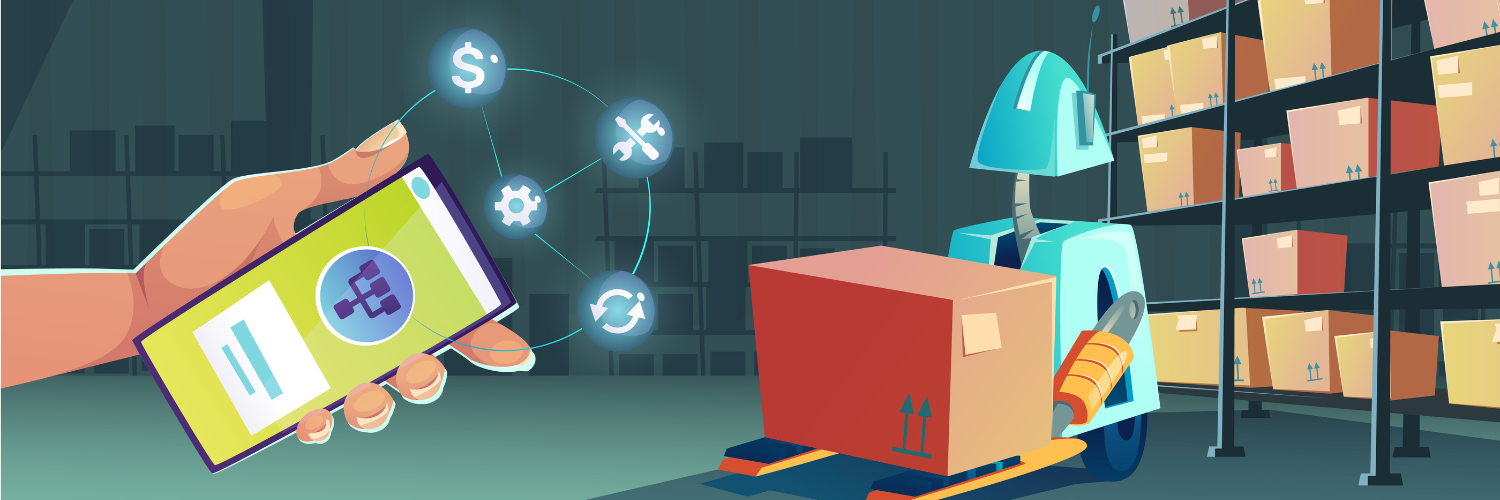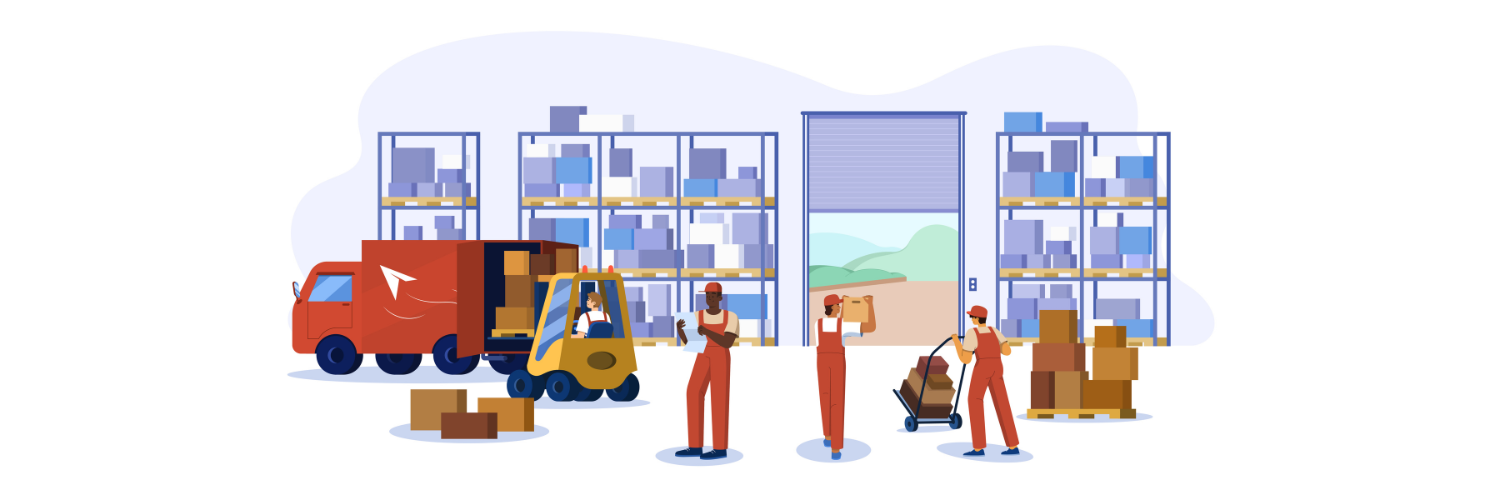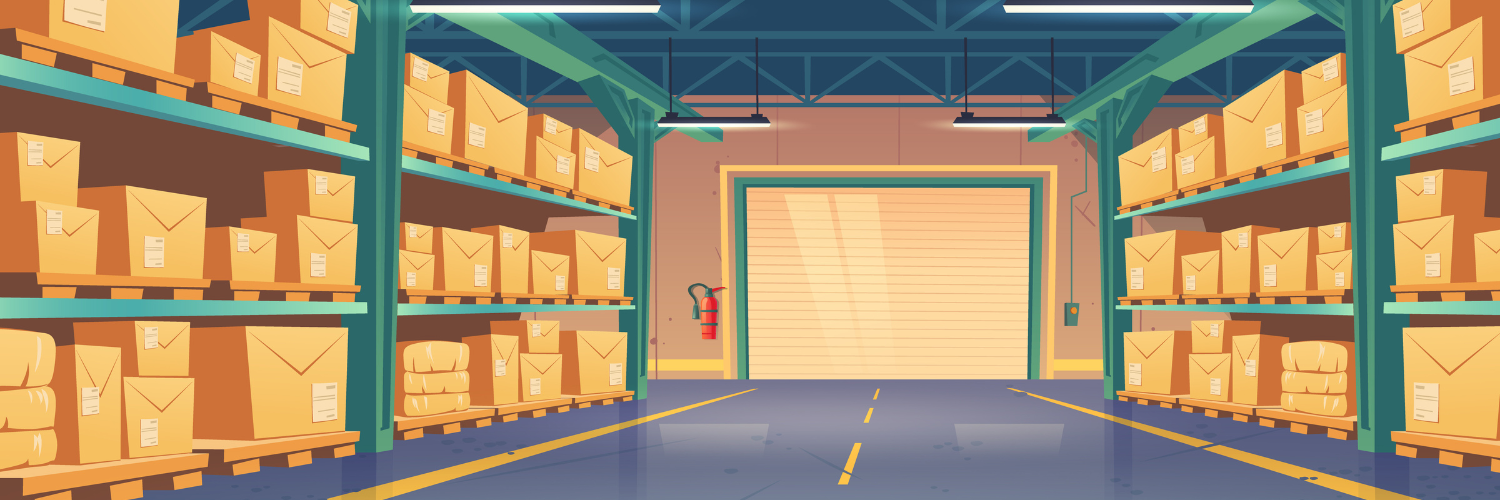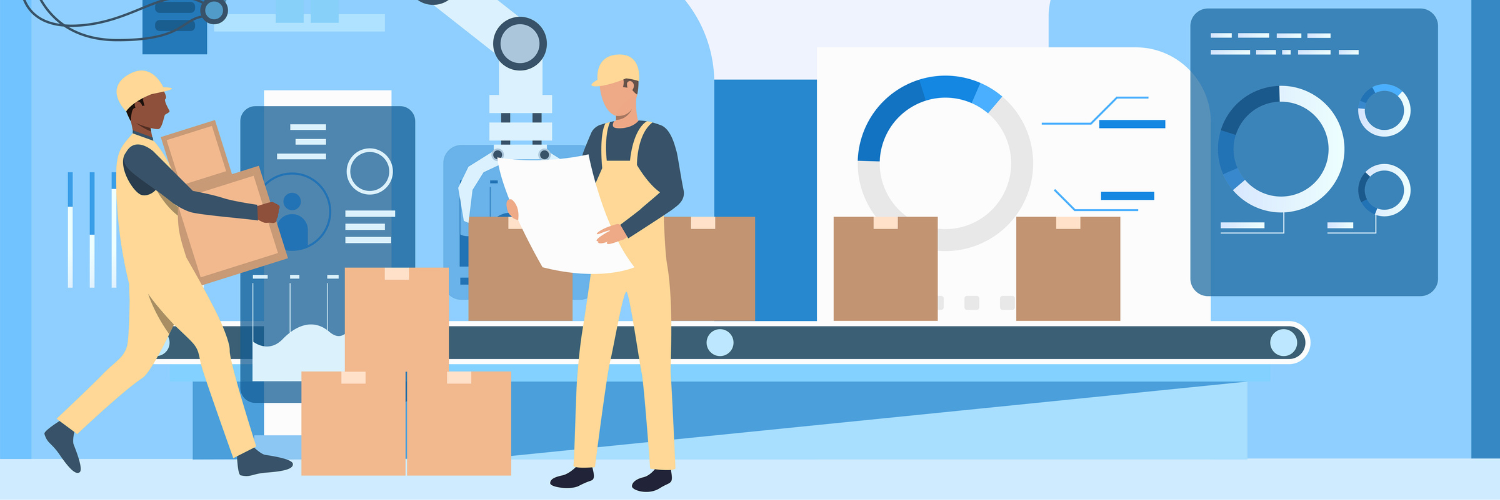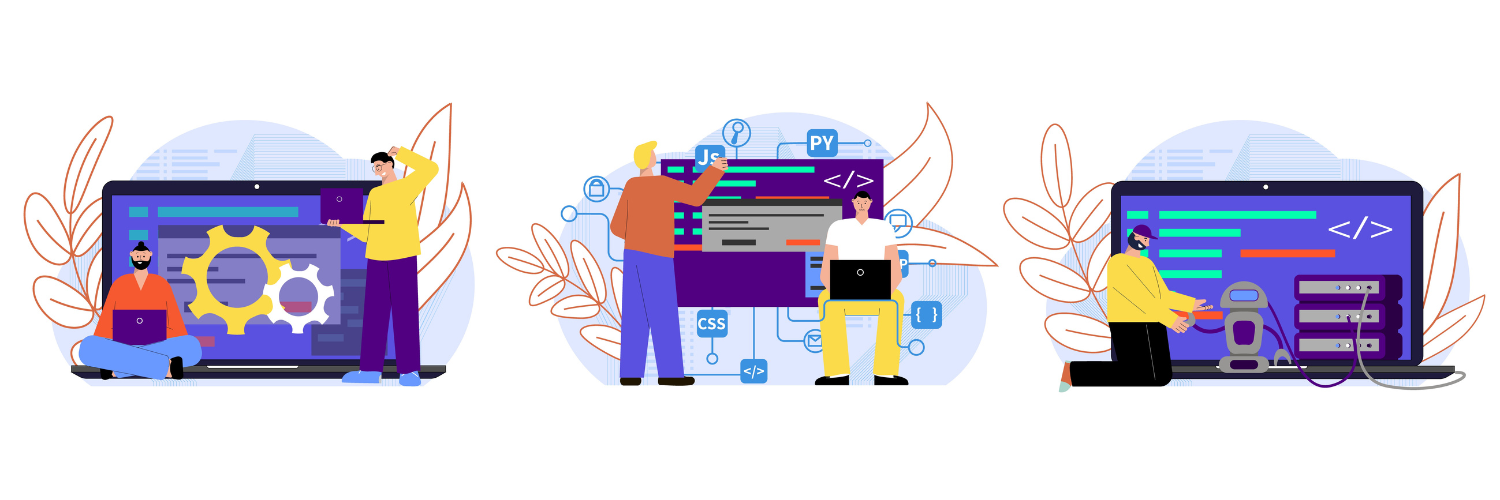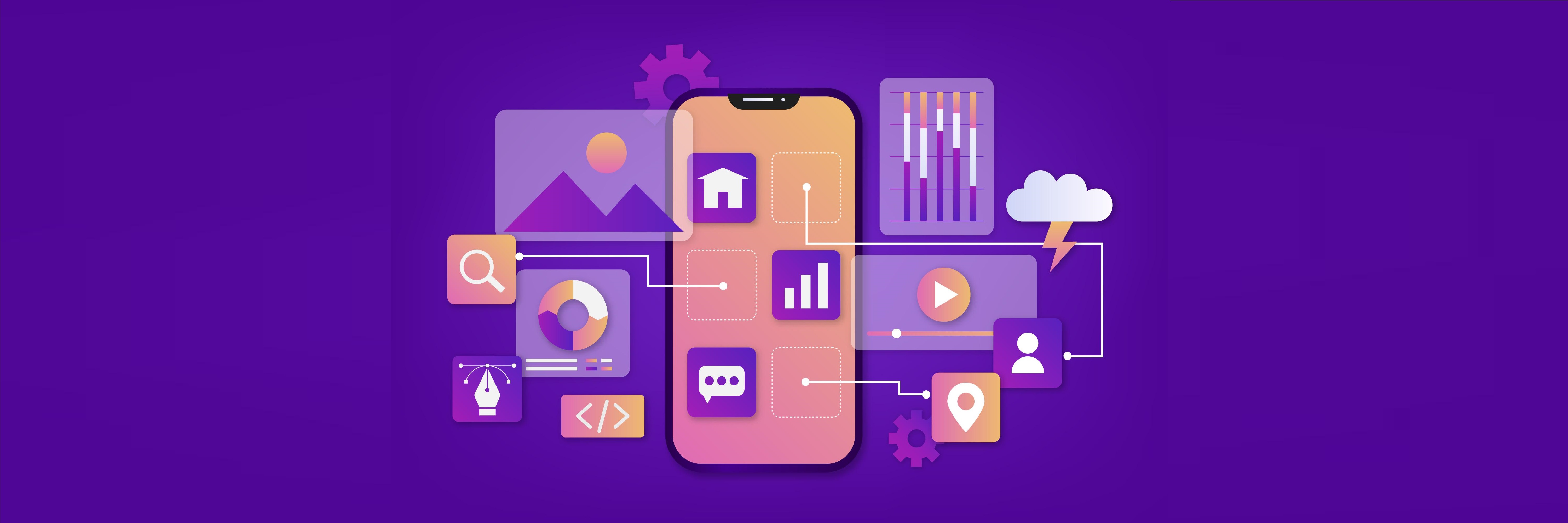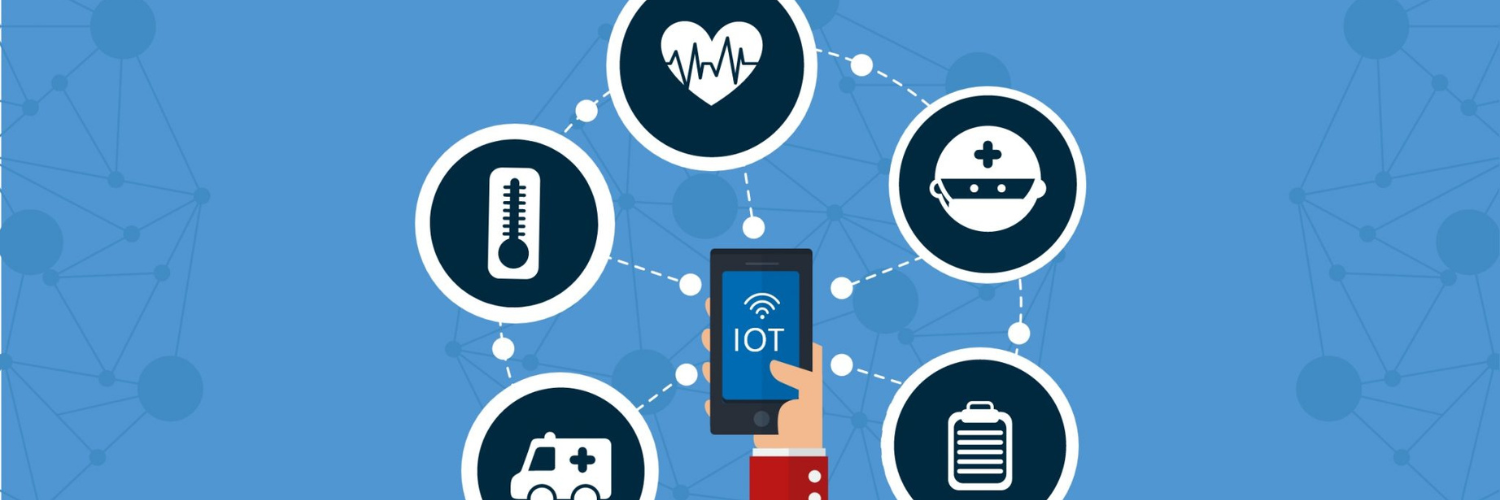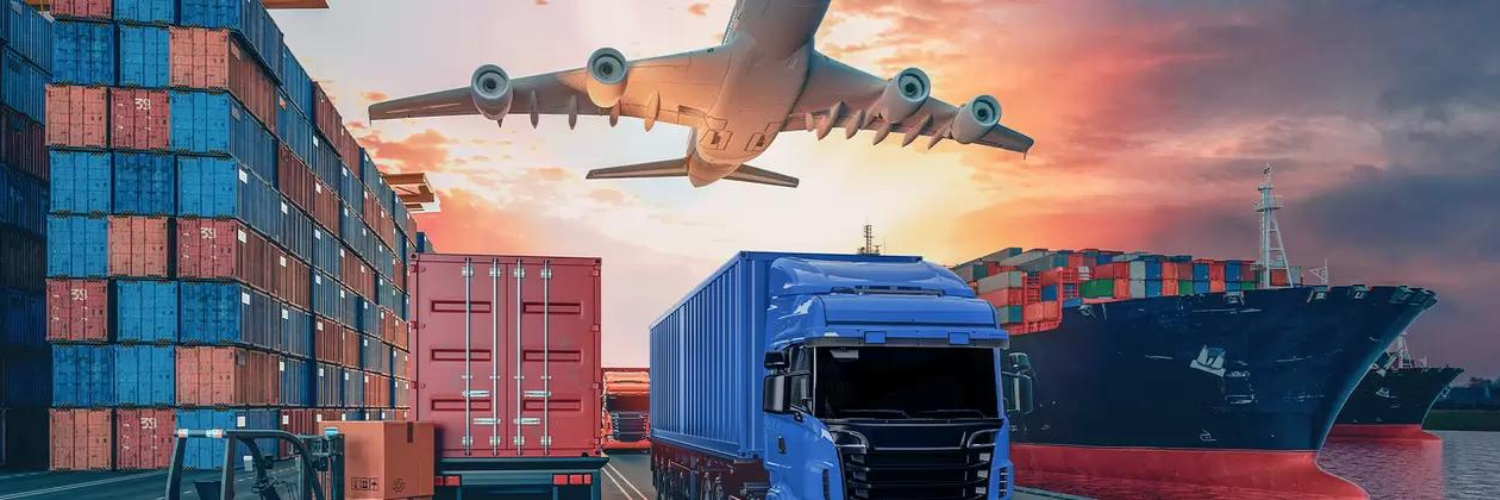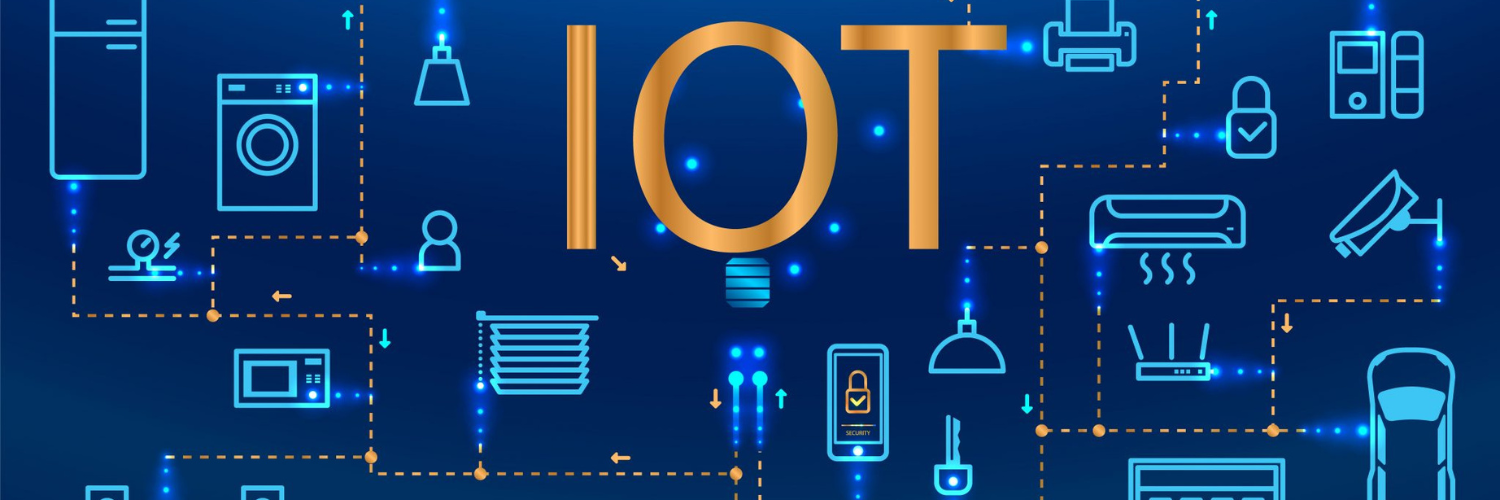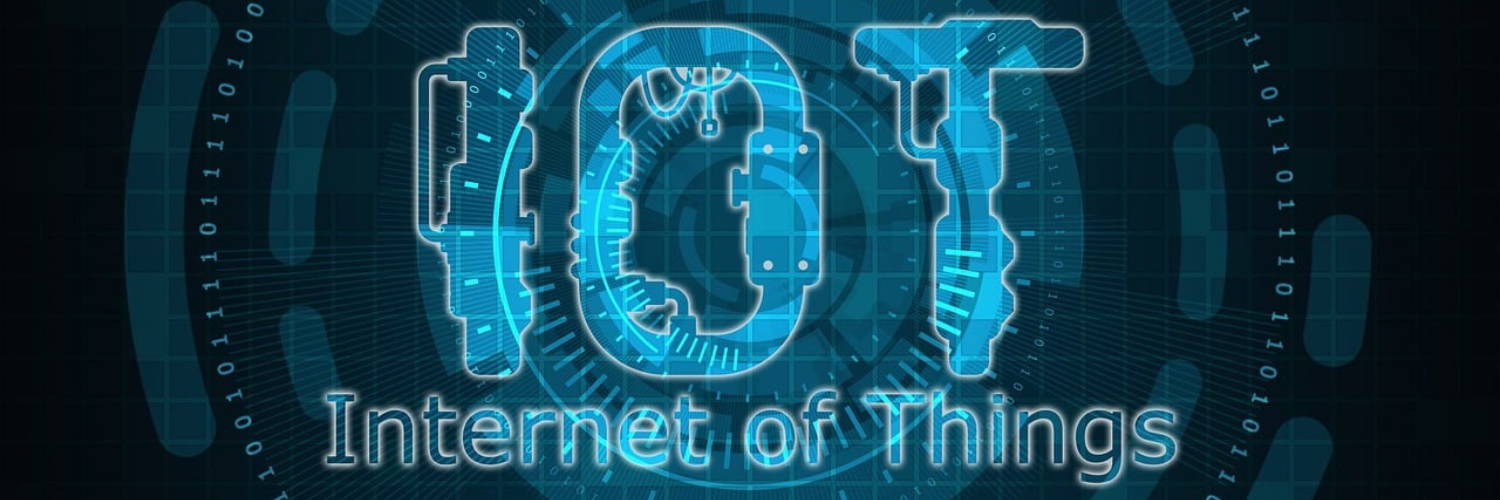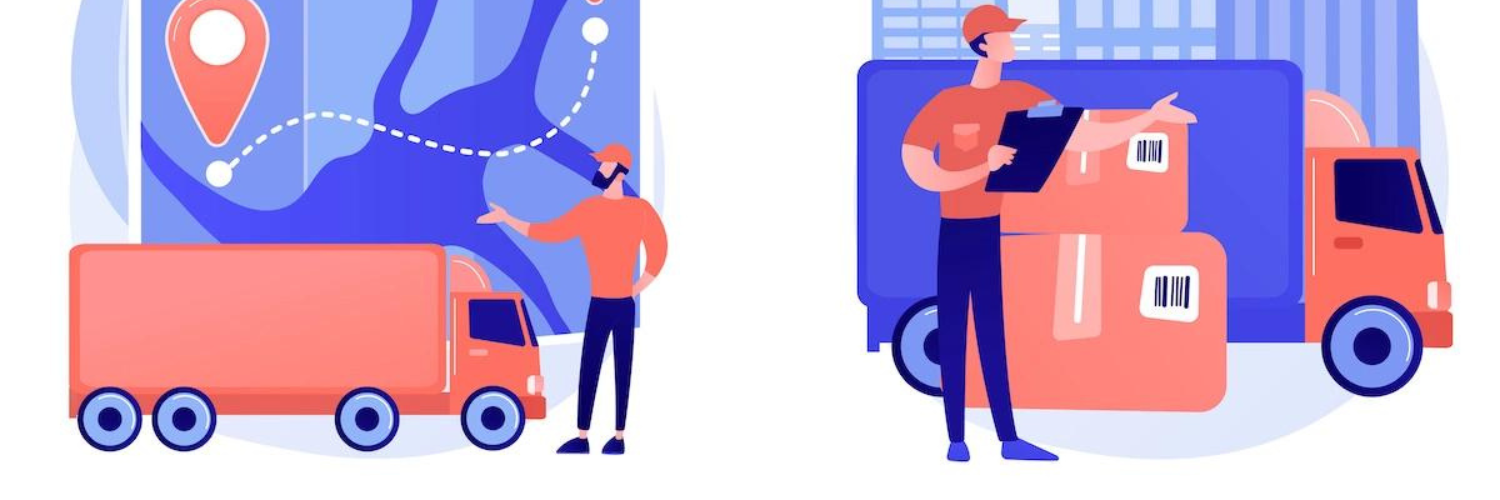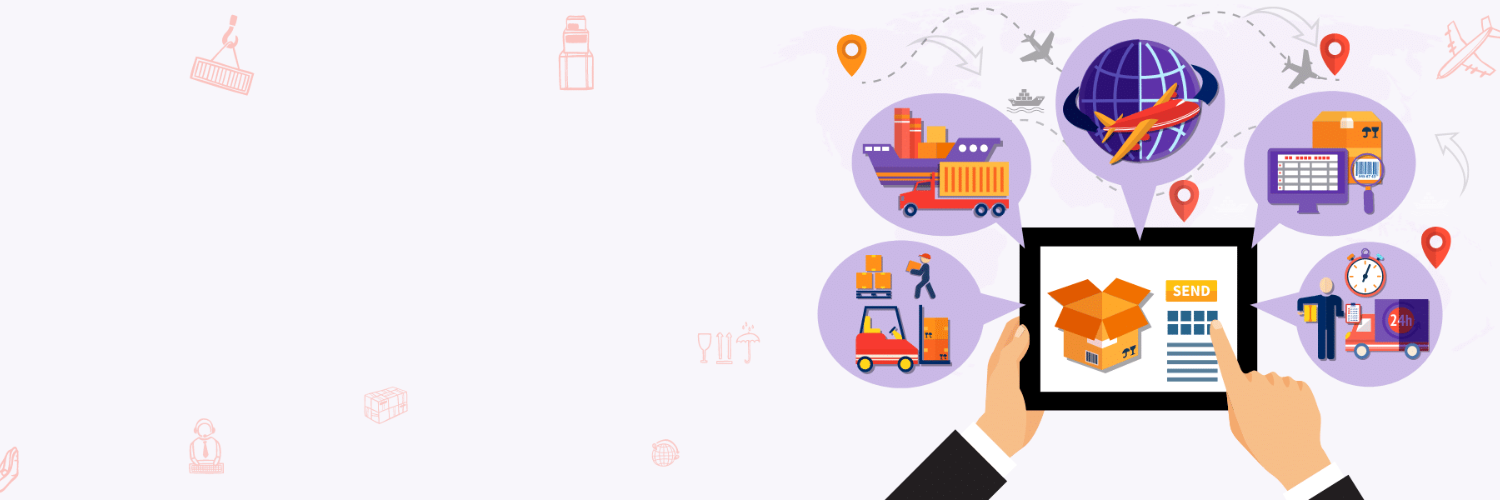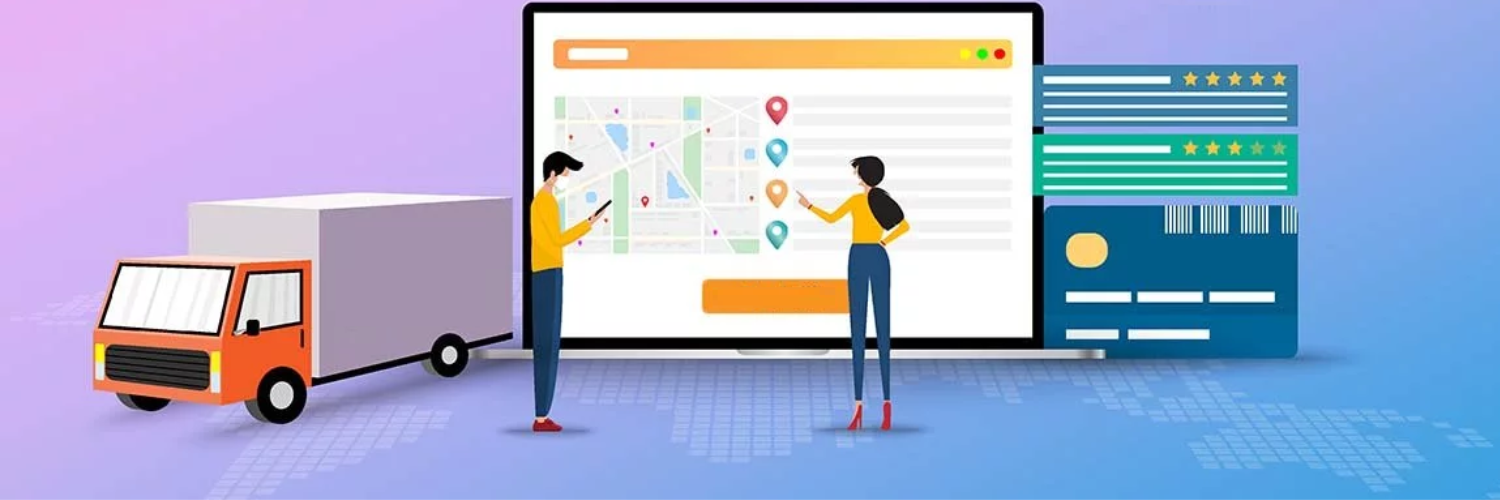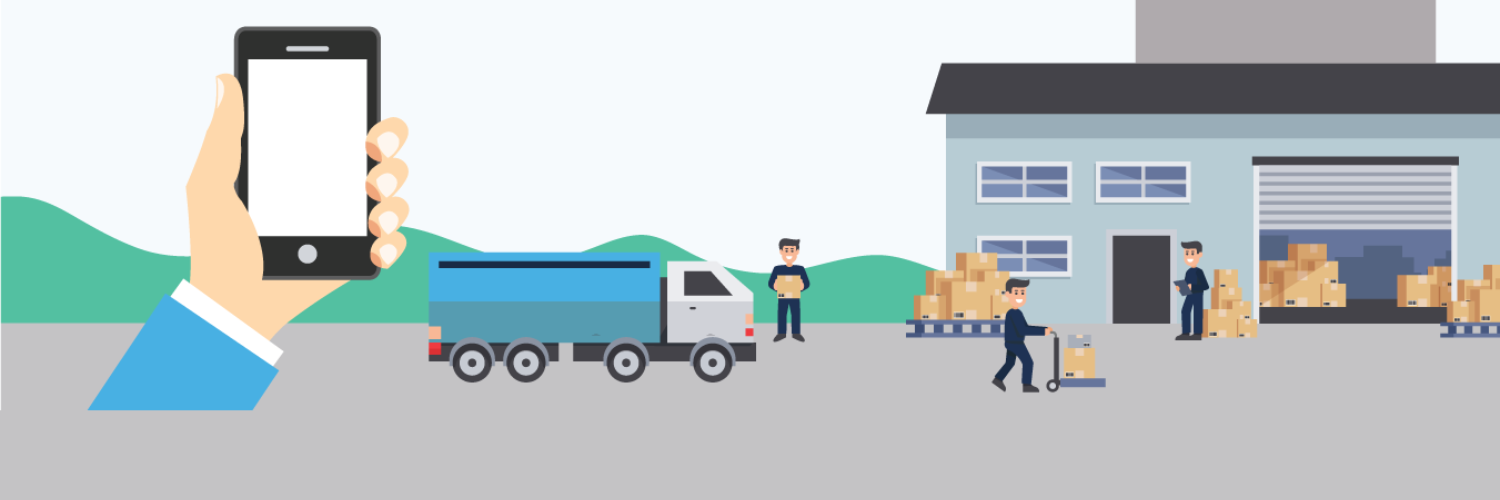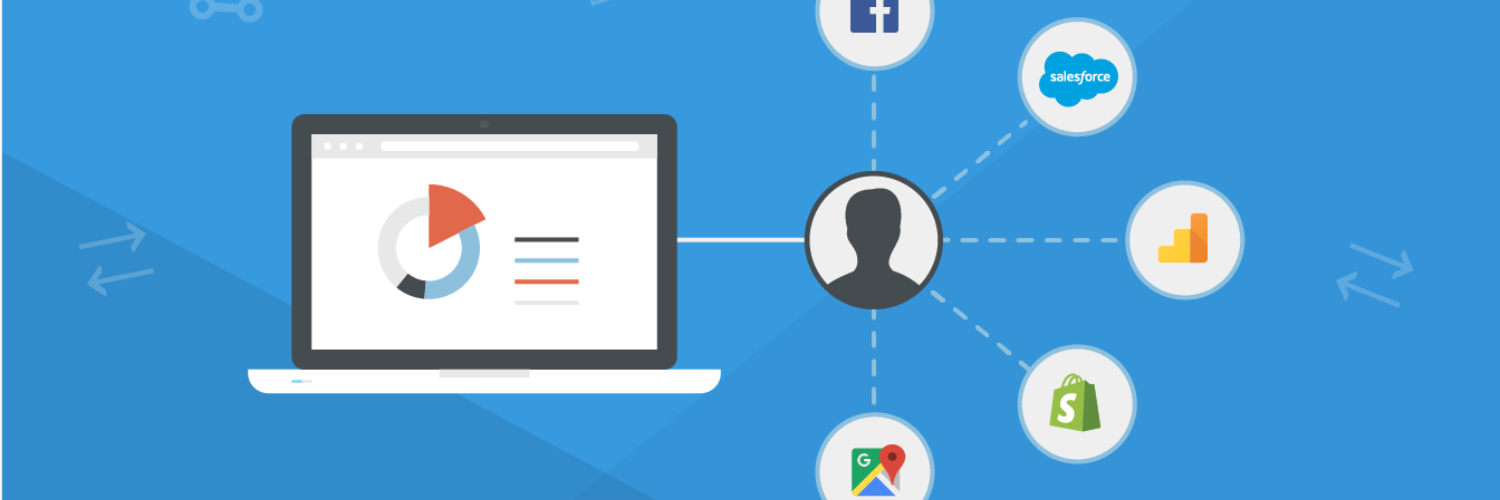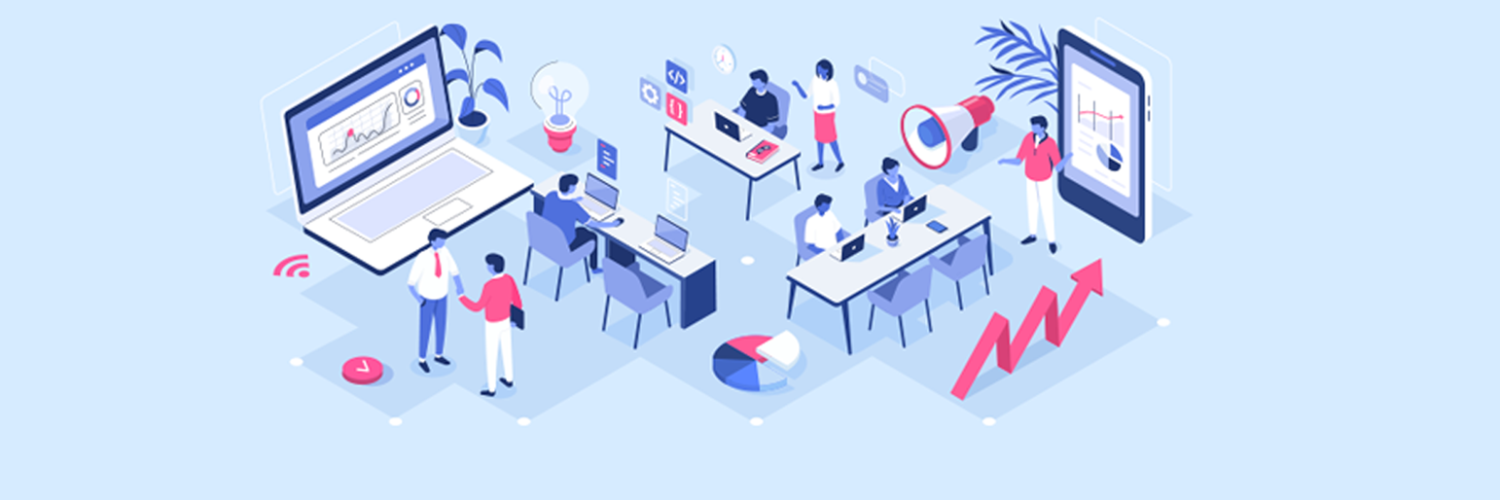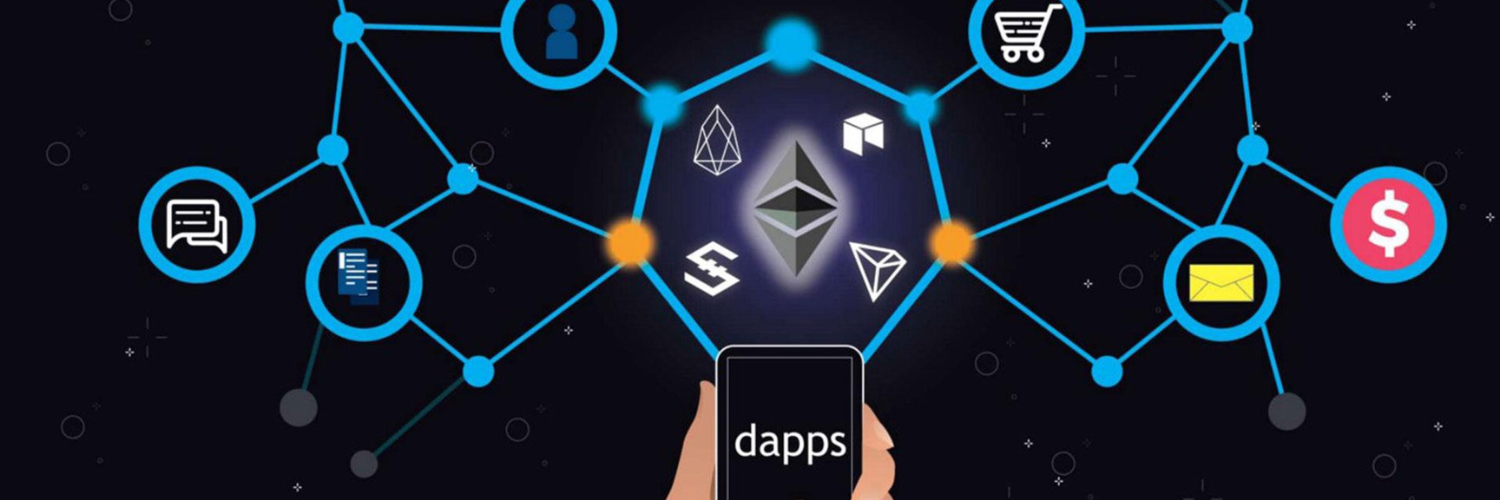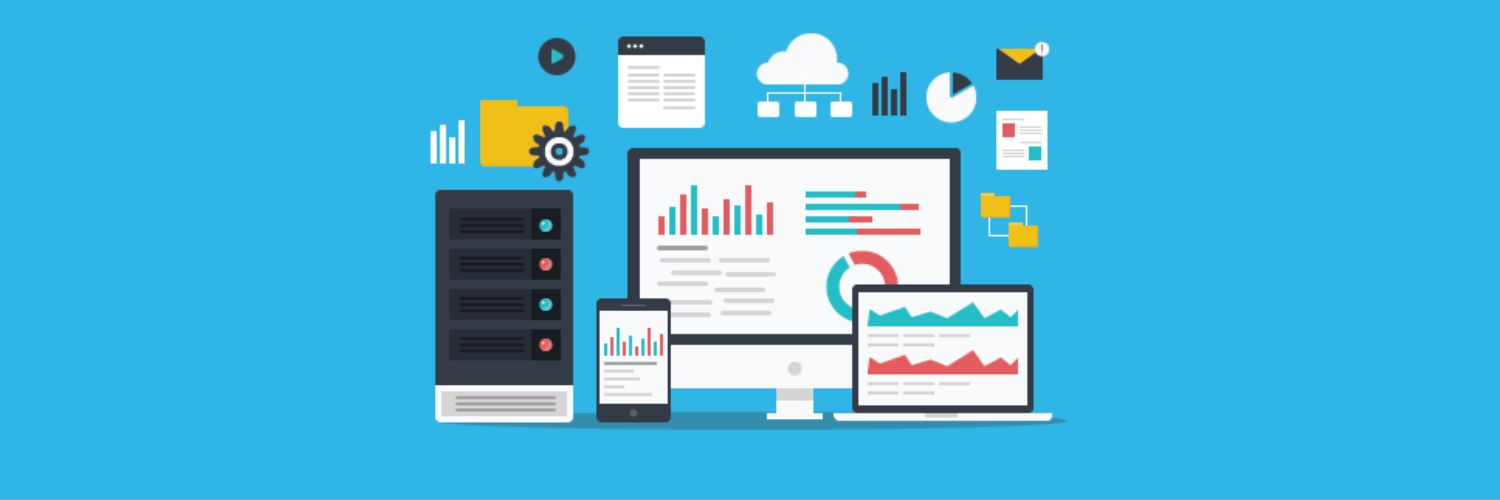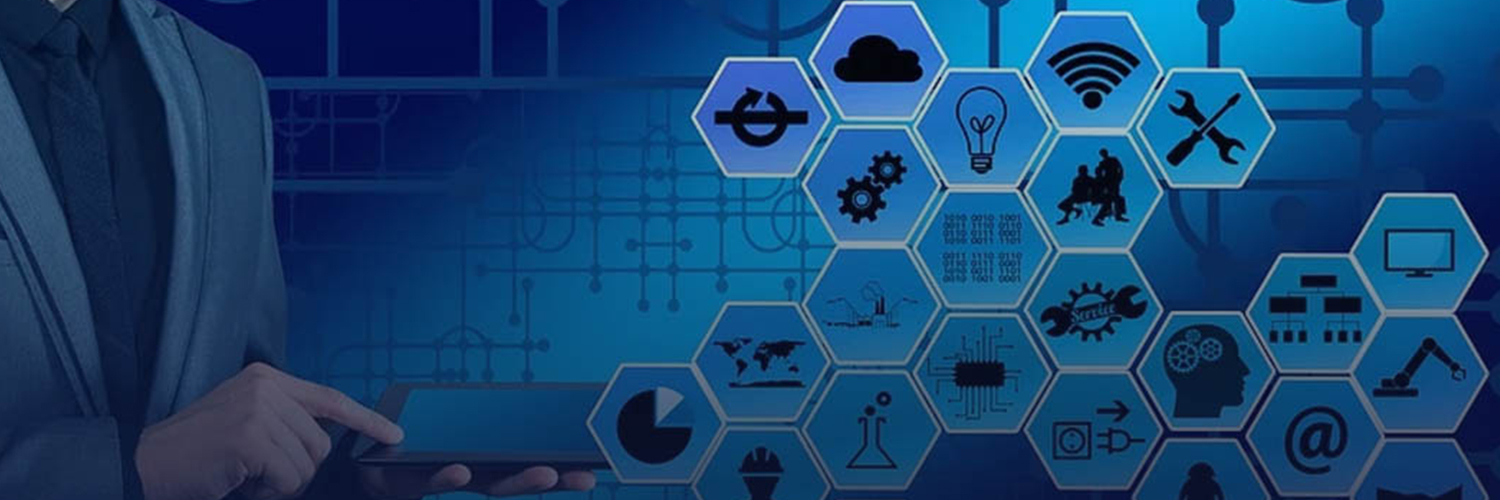Summary: in this article, we will examine the most promising innovations in the logistics software solutions field, their potential impact on both operational efficiency and sustainability, and discuss how organizations can successfully adapt and capitalize on these game-changing developments.
In today’s fast-paced global market, efficient logistics management has become crucial for businesses to stay competitive and agile.
Logistics has always responded to global challenges immediately. The difficulties faced keeping goods moving in the last three years have made it imperative to put the right technology in place to help navigate the increasing complexity of managing supply chains in many regions and even whole business fields.
Logistics software solutions for supply chain management
The year 2022 brought further advances and investment in logistics technology. This included extra automation in warehouses, the development of self-driving vehicles, the proliferation of the Internet of Things across increasingly smart fleets, and the rapid growth in the use of artificial intelligence by companies that need to make smarter decisions all along their supply chains.
In 2023 these trends are likely to accelerate as companies adapt to the challenges of a macroeconomic downturn, the changed labor market, and the fundamental need to do more to respond to growing customer demands, more sustainable products and services.
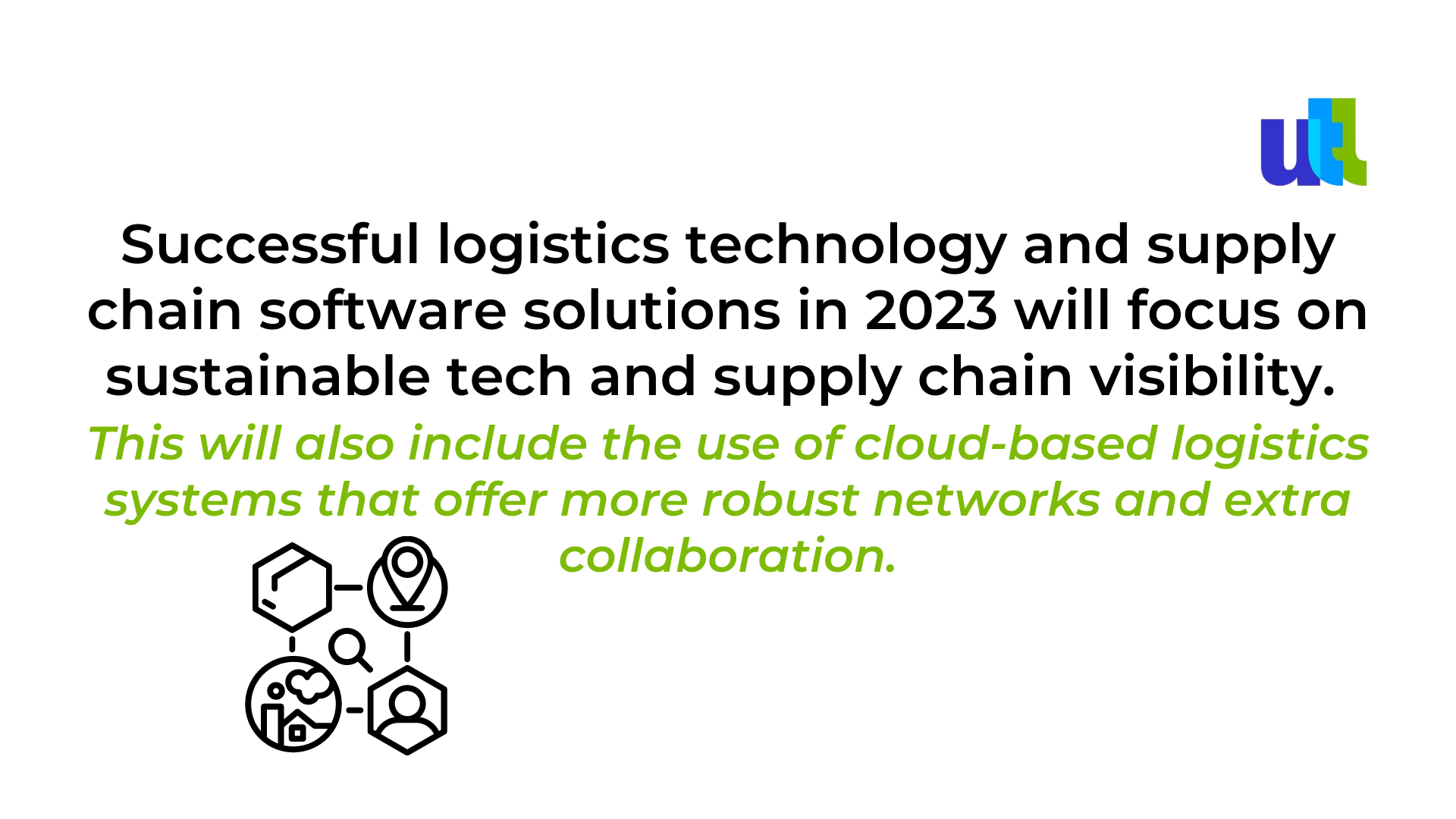
Logistics management software will need to adjust to increasingly intelligent fleet management and the wider use of IoT devices and freight tracking. Coupled with AI and Blockchain technology, such adjustments will help streamline accounting and business operations, helping companies navigate the fallout of the complicated macroeconomic panorama.
5 Logistics Software Trends
The latest digital trends in logistics show that everything is getting smarter – vehicles, fleets, and the whole supply chain. Logistics software developers come up with new tech ideas and build feature-rich digital solutions to address new challenges.
The major trends to follow are not entirely new, but they keep on evolving. New features constantly appear, and market leaders strongly advise implementing them to ensure seamless performance.
1. Artificial intelligence
Digitalization has opened the door to a host of opportunities, such as applying AI and machine learning to almost every aspect of the supply chain. AI can be used for process automation, optimized decision-making, advanced analytics, and forecasting demand, leading to more efficient logistics operations. Predictive analytics related to supply and demand has also never been as easy as now with AI.
AI is a powerful tool when it comes to planning warehouse operations and decision-making. Unlike humans that tend to often stress and burnout, AI is always ready to analyze, estimate, calculate, and learn. Thus, it performs crucial tasks in no time and helps companies reduce errors.
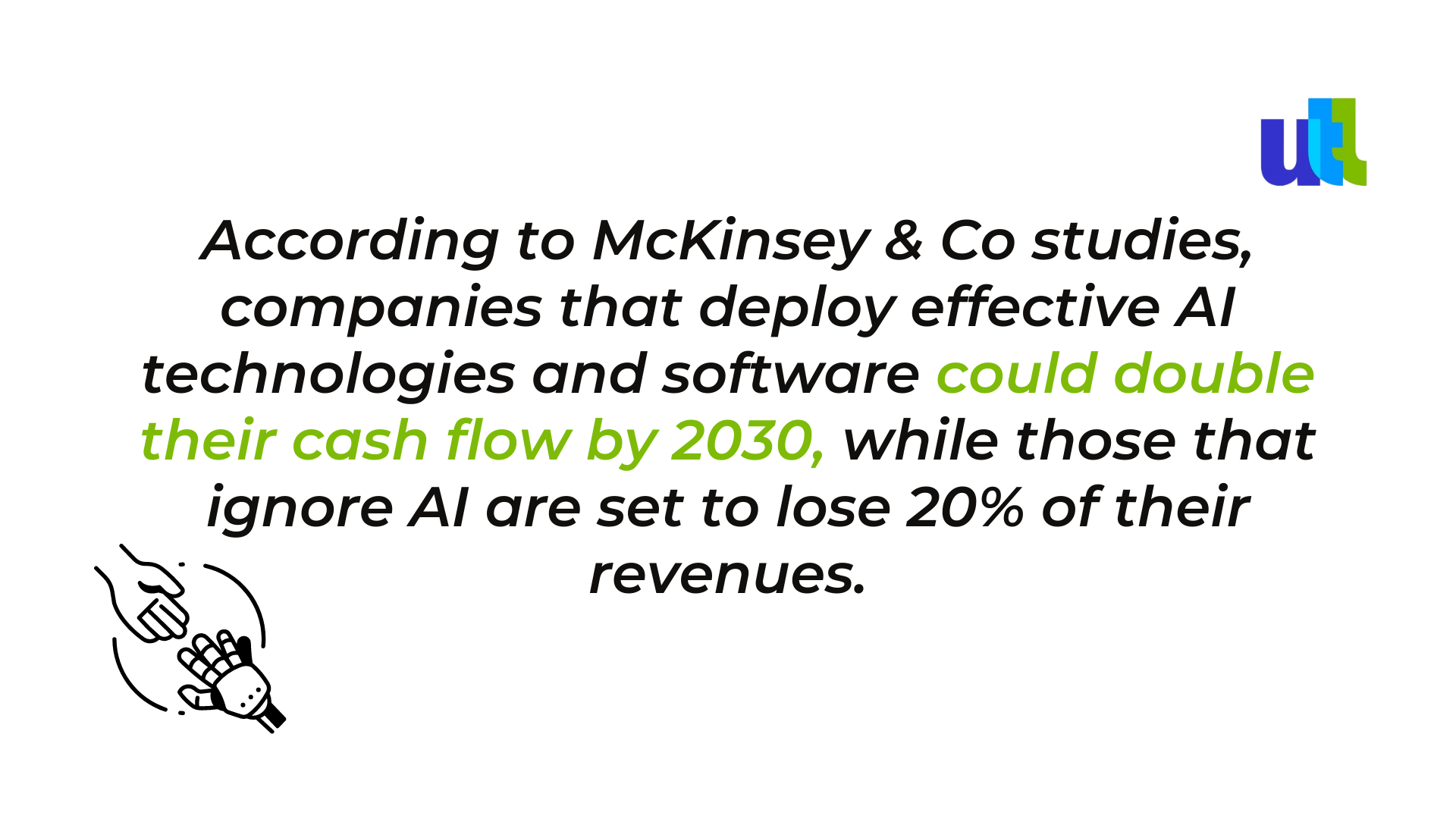
Robotics and automated machines use the power of AI as well. They help companies reduce expenses on human labor and even improve safety in warehouses and distribution centers.
2. More supply chain visibility
The challenges and disruptions felt during the last three years have only elevated the importance of supply chain visibility for shippers.
Combined with the proliferation of IoT technology, greater visibility in the supply chain (that uses logistics software) now offers real-time data that improves decision-making in ways that some 5 years ago would have been considered science fiction. The data includes traffic patterns, weather conditions, and key inventory information.
Greater supply chain visibility offered by logistics software solutions is the positive result of significant investment in IoT technology and cloud-based solutions that allow to collaborate effectively. The process is set to accelerate.
3. Sustainability
Unfortunately, logistics and transportation are not 100% environmentally friendly activities.
One of the biggest problems is CO2 emissions. The sector accounts for around 24% of their global amount. By 2050, the number could rise to an alarming 40% if companies don’t take immediate action. Therefore, sustainability initiatives have become a major focal point for logistics companies in recent years.
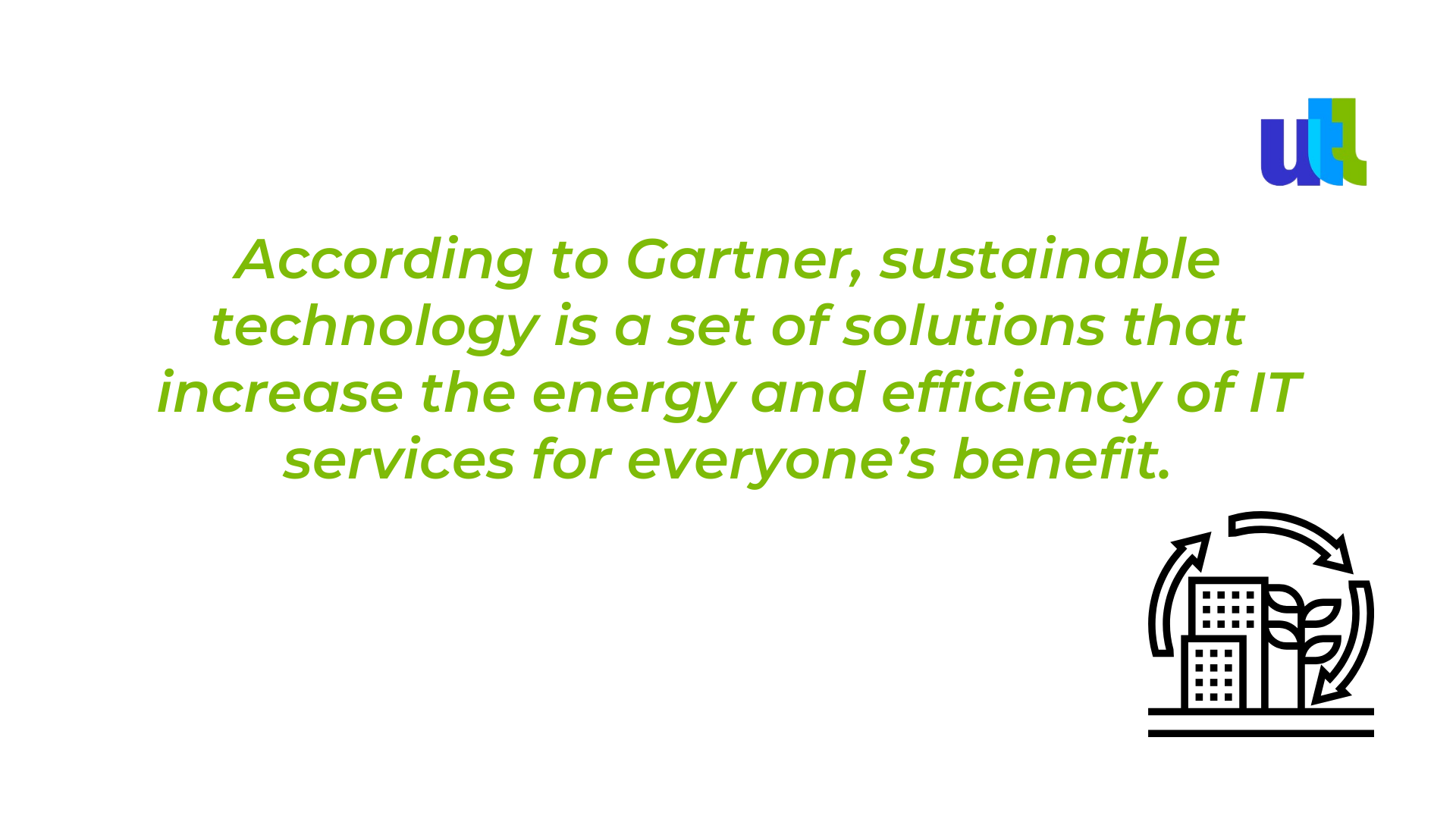
The trend is to include both emissions management software and AI that permit customers to reach the sustainability objectives set by their investors, while also enhancing their environmental reputation in the sector. Furthermore, such characteristic of logistics software solution improves financial performance and increases growth prospects.
4. Maximum automation
Automation is one of the most powerful trends in most industries. It speeds up processes, facilitates workflows, and reduces the amount of manual work.
By 2026, the global logistics automation market is predicted to reach $82.3 billion. (Statista)
Speaking of logistics, automation is a hot trend here as well, especially for warehouse management, distribution centers, and delivery: think of autonomous robots that move goods around warehouses, drones deliver packages, and AS/RS software solutions handle loads.
Automation ensures great stock management, real-time tracking, speedy delivery, seamless payment verification, and accurate data analysis. Logistics software developers perfectly know that automation helps to avoid critical mistakes and save resources, and that is why more and more companies will put their focus on maximizing it.
Technology is the gateway to progress — especially within the logistics industry.
The advances in the logistics sector are directly related to the progress of information technology. Many things that seemed science-fiction only 5-10 years ago have become commonplace.
“A business expects to have the ability to react to market changes quickly and innovate at a fast rate and end users expect more than sound functionality — they want high performance and their transactions and data to be secure and satisfactory interactions.” (Gartner)
Even more important than adopting leading-edge technology and business strategies is partnering with logistics software service providers who put innovation at the forefront of their strategic development.
Furthermore, by following the newest trends in logistics technology and software fields, businesses can drastically increase the efficiency of their operations, generate income, and significantly contribute to environmental protection.
Speak to professional logistics software developers.
For free consultation about logistics software developers click here.
----------------------------------------------------------------------------------------------
View the full presentation:
WRITTEN BY
Sofia Kutko
2023-04-17

































